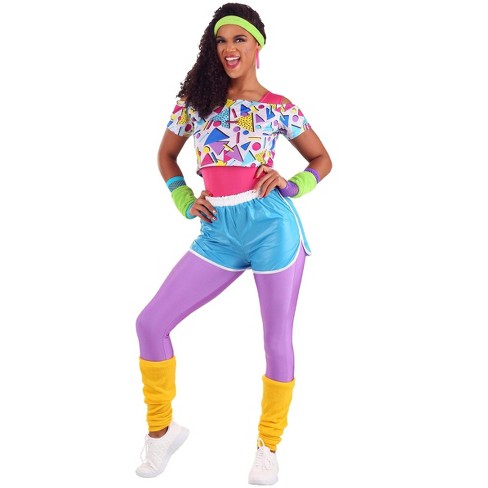Introduction to Retro Fashion
Retro fashion is a term used to describe clothing and accessories that are inspired by styles from the past. It’s a way to pay homage to the fashion trends of previous decades and bring them back to life in a modern context. From the flapper Dresses of the 1920s to the mod styles of the 1960s, retro fashion offers a unique and stylish way to express your individuality.
Flapper Fashion of the 1920s
The 1920s were a time of great change in women’s fashion. The flapper style, characterized by short skirts, dropped waists, and elaborate headwear, became popular as a symbol of the liberated modern woman. This era’s fashion was all about shedding the constraints of the past and embracing a more carefree and glamorous look.

Pin-Up Style of the 1940s and 1950s
Pin-up style emerged in the mid-20th century as a way to celebrate the beauty and allure of women. Characterized by full skirts, fitted bodices, and high-waisted pants, this style was all about showcasing the female form. The pin-up look often included accessories like victory rolls in the hair and bold red lipstick, making it a glamorous and iconic fashion choice.

Mod Fashion of the 1960s
The mod fashion of the 1960s was all about bold colors, geometric shapes, and a youthful, energetic vibe. This style was heavily influenced by the British youth culture and the music scene of the time. Mod fashion often featured miniskirts, shift dresses, and go-go boots, making it a fun and playful way to dress.

Bohemian Style of the 1970s
The bohemian style of the 1970s was all about embracing a free-spirited and artistic lifestyle. This fashion trend was characterized by loose, flowing garments, earthy colors, and intricate patterns. The bohemian look often included accessories like layered necklaces, headbands, and oversized sunglasses, making it a unique and eclectic fashion choice.
Conclusion
Retro fashion is a fantastic way to explore the rich history of women’s fashion and bring a touch of nostalgia to your wardrobe. Whether you’re a fan of the flapper dresses of the 1920s or the mod styles of the 1960s, there’s a retro fashion trend out there for everyone. So, don’t be afraid to experiment and find the style that best suits your personality and taste.








As a professional woman in my 40s, I’m always looking for ways to update my wardrobe with a retro touch. The article’s focus on the 1920s and 1960s is great, but I think the 80s deserve more attention. The decade’s clothing, like blazers and high-waisted jeans, is so versatile and would be perfect for my lifestyle.
I work in the entertainment industry and find retro fashion a great way to stand out. The 80s, with its bold and dramatic styles, would be perfect for my line of work, but it’s not included in this guide.
I’m a 30-something mom who grew up in the 90s, and I’ve always been fascinated by retro fashion. The article’s focus on the 1920s and 1960s is great, but I feel like the 80s are often overlooked. The shoulder pads and neon colors of the 80s were so dramatic and fun—it’s a shame they weren’t mentioned here.
As a mom of two, I’m always looking for ways to add a little fun to my wardrobe. The article’s focus on the 1920s and 1960s is great, but I think the 80s deserve more attention. The decade’s clothing, like graphic tees and oversized jackets, is so playful and would be perfect for adding a retro touch to my outfits.
As a fitness enthusiast, I love the idea of retro fashion. The 80s, with its sporty and casual wear, would be a great addition to this guide, especially for women who want to stay stylish while working out.